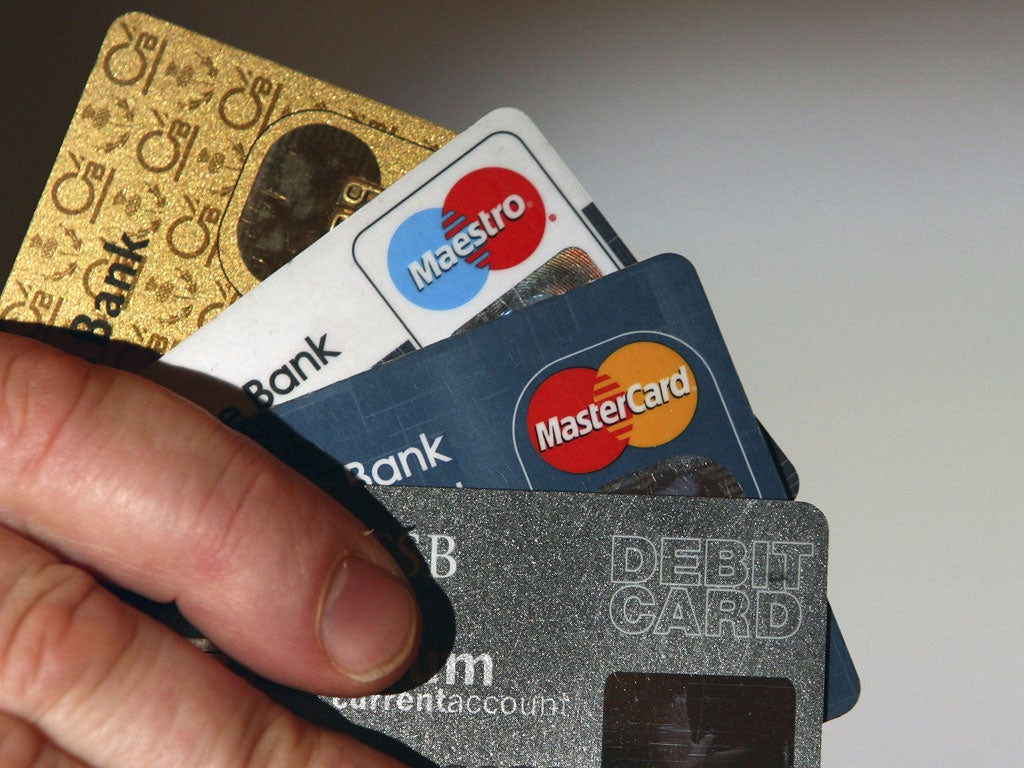
Your support helps us to tell the story
From reproductive rights to climate change to Big Tech, The Independent is on the ground when the story is developing. Whether it's investigating the financials of Elon Musk's pro-Trump PAC or producing our latest documentary, 'The A Word', which shines a light on the American women fighting for reproductive rights, we know how important it is to parse out the facts from the messaging.
At such a critical moment in US history, we need reporters on the ground. Your donation allows us to keep sending journalists to speak to both sides of the story.
The Independent is trusted by Americans across the entire political spectrum. And unlike many other quality news outlets, we choose not to lock Americans out of our reporting and analysis with paywalls. We believe quality journalism should be available to everyone, paid for by those who can afford it.
Your support makes all the difference.Businesses are banned from today from automatically imposing excessive charges when customers use credit or debit cards to pay for a holiday, an air or train journey, a concert ticket or a visit to the theatre or cinema.
The levy had added up to £6 to the price of a flight or 75p to the cost of seeing a film. To the frustration of purchasers, the surcharge was often levied without warning after customers had clicked through several web payment pages.
Under the new rules traders are expected to ensure any surcharges are representative of the actual processing cost involved, which can be as little as 10p to 20p per transaction.
The Office of Fair Trading (OFT) has estimated that consumers forked out £300m on payment surcharges in one year alone when buying aeroplane tickets.
Jo Swinson, the Consumer Minister, said: “The practice of excessive payment surcharges has been ripping off consumers for far too long. They are fed up of thinking they will be paying a certain price for goods only to find out towards the end of the process that the final price is much higher.”
The move puts into effect a European Union directive to improve the transparency of pricing.
It also comes after Which? complained to the OFT about the extra charges levied on transport, particularly air travel. The consumer magazine won the backing of 50,000 people for its campaign to end the surcharges.
Richard Lloyd, the executive director of Which?, said: “For it to be effective there must be a tough enforcement regime and companies must play fair and not pass costs on to customers in other ways. We will be monitoring the ban closely and want people to tell us about surcharges they think are excessive.”
Measures to stop companies forcing existing customers to use premium-rate telephone lines and to outlaw the use of pre-ticked boxes for online purchases are also in the pipeline. They are due to come into force by the summer of 2014.
Join our commenting forum
Join thought-provoking conversations, follow other Independent readers and see their replies
Comments